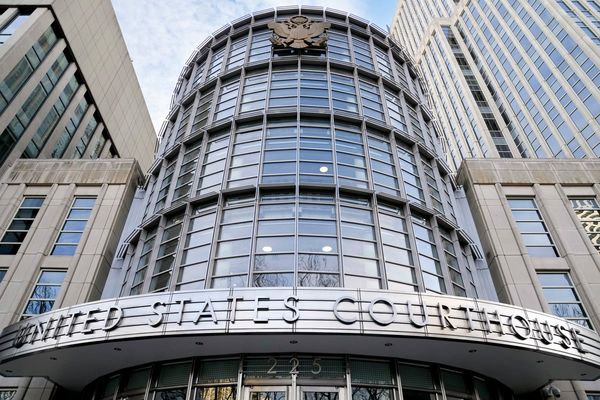Budget 2023 is just around the corner as the Government look to finalise the cost-of-living package as it aims to tackle the rising expenses affecting families across the country.
Finance Minister Michael McGrath has pledged that every household in the country will benefit to some degree once plans are announced in just under two weeks.
The cost of living package is expected to cost at least €2 billion and looks to provide some relief to both businesses and homes throughout Ireland.
READ MORE: Ireland weather: Met Eireann forecast peculiar September conditions before temperatures drop
Here is a look at measures under consideration by the Government so far and what they could mean for your pocket.

Energy bills
The cost of energy has spiralled exponentially in recent times, with many families worried about how they will heat their homes this winter.
The Government is discussing giving households a total of €600 off their bills over several months.
It is expected this will come in three instalments of €200 energy credits between now and next spring.
Tanaiste Leo Varadkar indicated that people would get the support before and after Christmas.
Minimum wage changes
Budget 2023 is expected to see the minimum wage increase by a further 80c bringing it to a total of €11.30 per hour.
This will be the second year in a row it has been given a boost after officials raised the wage at the beginning of 2022 by 80c to its' current rate of €10.50 an hour.
The plans look the introduce a living wage to replace the minimum wage with the aim of it being €13.70 per hour by 2026.
Tax cuts
The Irish Independent has reported that tax and USC cuts could be introduced as part of this year's Budget.
These new measures could see people save up to €1,000 a year.
The publication says that the PAYE credit may also be raised by €100, from €1,700 to €1,800, which would cost €226m.
Other tax cuts being considered include an increase in personal tax credits of €100 for single people and €200 for married people to €1,800 and €3,600 respectively.
Once-off measures
Other proposals also being considered include a double payment of social welfare, Child Benefit, the €200 electricity credit, a €100 lump sum for fuel allowance recipients and a one-off double Working Family Payment.
Those in receipt of child benefit payments could be in line for a €280 one-off payment if they have one child or €560 if they have two.
If the Government agrees to the policy, parents will receive a huge boost, with a family with three children eligible to receive €840.
A family with twins would also get €840 as they receive one-and-a-half times the normal rate per child.
Childcare
It is understood Government also aims to reduce childcare costs by €200 per month next year and a further €200 per month the following year.
Children's Minister Roderic O'Gorman said he hopes to see childcare fees fall by 50 per cent over the next two years.
He told RTE's Claire Byrne: "We want to see a 50% average cut in childcare fees across this Budget and the next Budget ."
Housing
Renters are expected to benefit as sources have indicated that the Department of Housing is considering a tax credit, which was removed in 2017 and could save renters up to €1,440 annually.
It is also likely that landlords will benefit as Housing Minister Darragh O'Brien signalled that an incentive would be introduced to encourage them to remain in the housing market as rental supply remains at an all-time low.
While a 25 per cent increase in student grants and a considerable reduction in third-level fees are also up for discussion.
READ NEXT:
Fireball which lit up night sky was 'space debris', experts conclude
Crowds gather as long-awaited Penneys store opens in Tallaght, Dublin
Man claiming to be King Charles and Camilla's 'secret son' wrote to Queen demanding paternity test
Get breaking news to your inbox by signing up to our newsletter







